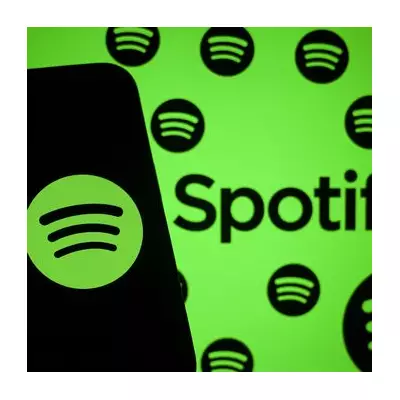
In a revelation that's sending shockwaves across social media, thousands of internet users are only just discovering that the acronym 'LOL' had a completely different meaning long before it became texting shorthand.
The Victorian Origins of LOL
While today's digital natives use 'LOL' to signify 'laughing out loud,' the term actually dates back to the 1830s where it served a very different purpose. Historical records show that 'LOL' was used in Victorian-era correspondence as an abbreviation for 'lots of love.'
The discovery has left social media users reeling, with many expressing disbelief that the term they've used countless times in texts and online conversations has such a genteel historical background.
Social Media Reactions
Twitter and Facebook feeds have been flooded with reactions from astonished users. One person tweeted: 'My whole life has been a lie. I've been ending messages with aggression when I thought I was laughing.'
Another commented: 'Imagine sending 'LOL' to your Victorian grandmother and she thinks you're being affectionate while you're actually mocking her.'
Language Evolution in the Digital Age
This revelation highlights how dramatically language can transform across generations. What began as a warm closing in handwritten letters has morphed into one of the most common expressions of amusement in digital communication.
Linguists note that this isn't the first time language has been repurposed for new eras, but the speed of change in the internet age makes such transformations particularly noticeable and widespread.
The discovery serves as a fascinating reminder that even our most modern-seeming communication tools often have deeper historical roots than we realize.





